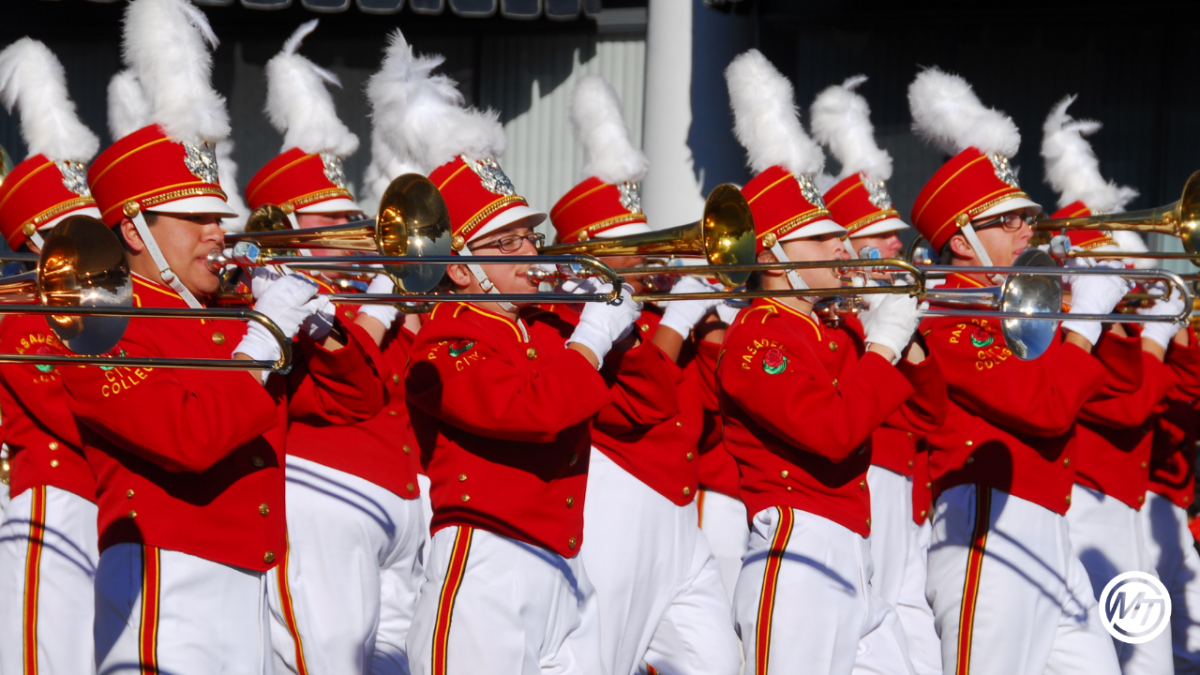How to choose a music school is a major life decision. Students interested in studying music in college have two options: conservatory or university?
How to Choose a Music School
There are a lot of different types of collegiate music programs, and understanding the differences can be confusing for students and parents. Some conservatories are standalone music schools with no other affiliation. However, other conservatories may be a part of an university or have a reciprocal agreement with a nearby institution so that students can take classes there.
Universities may have a college devoted entirely to music, or it may be a part of a fine arts college within the university. Smaller schools may have a music or fine arts department, while other school may have no official music program but still offer ensemble experiences to their students.
Here are some of the United States’ leading instrumental faculty members. All of them happen to play and teach the double bass along with other courses at their institutions. This was drawn from a recent podcast episode about music school auditions.
Some of the distinctions between studying at a conservatory versus a university, in the United States anyway, are less evident now than in the past. Most conservatories have some affiliation with a nearby university to enable students to take some academic coursework, and some universities have as rich a performing experience for their students as any conservatory. See which specific environment, and above all, teacher and studio, suit you best.
– James VanDemark, Eastman School of Music
If you’re attracted to a conservatory, such as Juilliard, you should plan on spending a lot of time practicing, and also spending your time maximizing your contact time with notable faculty. You’ll have amazing peers, and they’ll provide an incredible resource throughout your whole career. Having the name of a prestige institution on your resume can be a lifelong career boost.
However, you may find that there’s a lot of competition for leadership positions and for experiences in various forms of music and in various groups. If you thrive on competition, this is a good place to go.
If you find that a bit daunting or stifling, then you might have to consider some other things, because it’s not always the most nurturing environment. The key word is competition.
In a university, there is more opportunity for cooperation and creativity. However, you’ll have a lot of coursework, and it’s great for broadening your horizons intellectually, but it may also limit your practice time. While you’re at the university, you may have more leadership opportunities and diversity of playing experiences, because you may be one of the more outstanding students. While you’re at the university, maximize your achievements, both musically and intellectually. The you can use your summer time to really hone in on practicing, either individually or at a festival program.
There are schools that are more of a combination, like the University of Michigan or Indiana University. You may consider a school like this if you have some talents intellectually also. You could do a double degree program, and a lot of people find that very advantageous, both career-wise and personally.
There’s also a “mix-and-match” option, especially if money is limited. Think about going to a very affordable undergraduate school, like a university that may have a good teacher that you really like. Then do your “crazy achievement” there, get a lot of playing experience in different groups and genres, and then select summer programs that will expose you to potential graduate programs that have a high profile. Very often, if you go to a more expensive graduate school, they may also give you a lot of financial help if that’s a consideration.
– Diana Gannett, University of Michigan (emeritus)
I think you have to really ask yourself what you really want for your college experience. Some people are going to be more comfortable with a university setting, something that’s perhaps a little bit more well-rounded in experiences. You’ll have your football games and that kind of thing going on, with more of a “campus life” idea.
With a conservatory, you might be in a downtown landscape with a very intense schedule and very intense expectations. I think you just need to think about those two options and what’s going to work better for your long-term goals.
If you’re going to go to a university, do a lot of research and make sure the standards are high. I was very lucky to go to the University of Michigan for undergrad, which had a beautiful campus environment and a real “Big Ten” feeling. I met all kinds of people from all kinds of places, but it also had a music school with really high standards and demanding expectations, which is crucial if you want to do [music] professionally.
If you’re going to think about a conservatory, it’s important that alongside that you make sure that it’s a healthy and supportive environment. Do some research and get to know some folks that are in the studio, and find out what it’s really like.
The brochure will not always reflect what it’s really like. It’s important to get on the campus and meet people that have done it. With the conservatory, you really want to make sure that you’re up for that kind of intensity and that kind of challenge, because it can be a stressful place. It’s a really good thing, but you just need to make sure that that’s what you want.
– Kieran Hanlon, State University of New York at Fredonia
I had my training in conservatories in Ankara, Turkey, followed by The Hartt School in Connecticut. I came to the United States for grad work in Connecticut. I have to say, there’s definitely an advantage of being with many high-level players, to be always motivating.
Then again, I have been teaching at the University of Iowa for about 16 years, and being in the university setting has been very helpful. My students are exposed to many fields other than music, for their intellectual and general growth as an individual.
– Volkan Orhon, University of Iowa
The Oberlin experience combines elements of both conservatory and university worlds. The [Oberlin] Conservatory is separate from the College, but the two can combine for lots of options. You can choose to completely focus on music in the Conservatory, or add non-music electives in the College. There’s also a great five-year double-degree program.
A college differs from a university in that there are no graduate students. Therefore, there are many leadership positions for undergraduate students on campus, such as principal positions which might have otherwise gone to a grad student.
– Tracy Rowell, Oberlin College
Final Thoughts
Hopefully this has been helpful in clearing up some of the confusion between a university and a conservatory for music students. In future posts, we’ll be digging into other commonly asked questions about the music school audition process.




